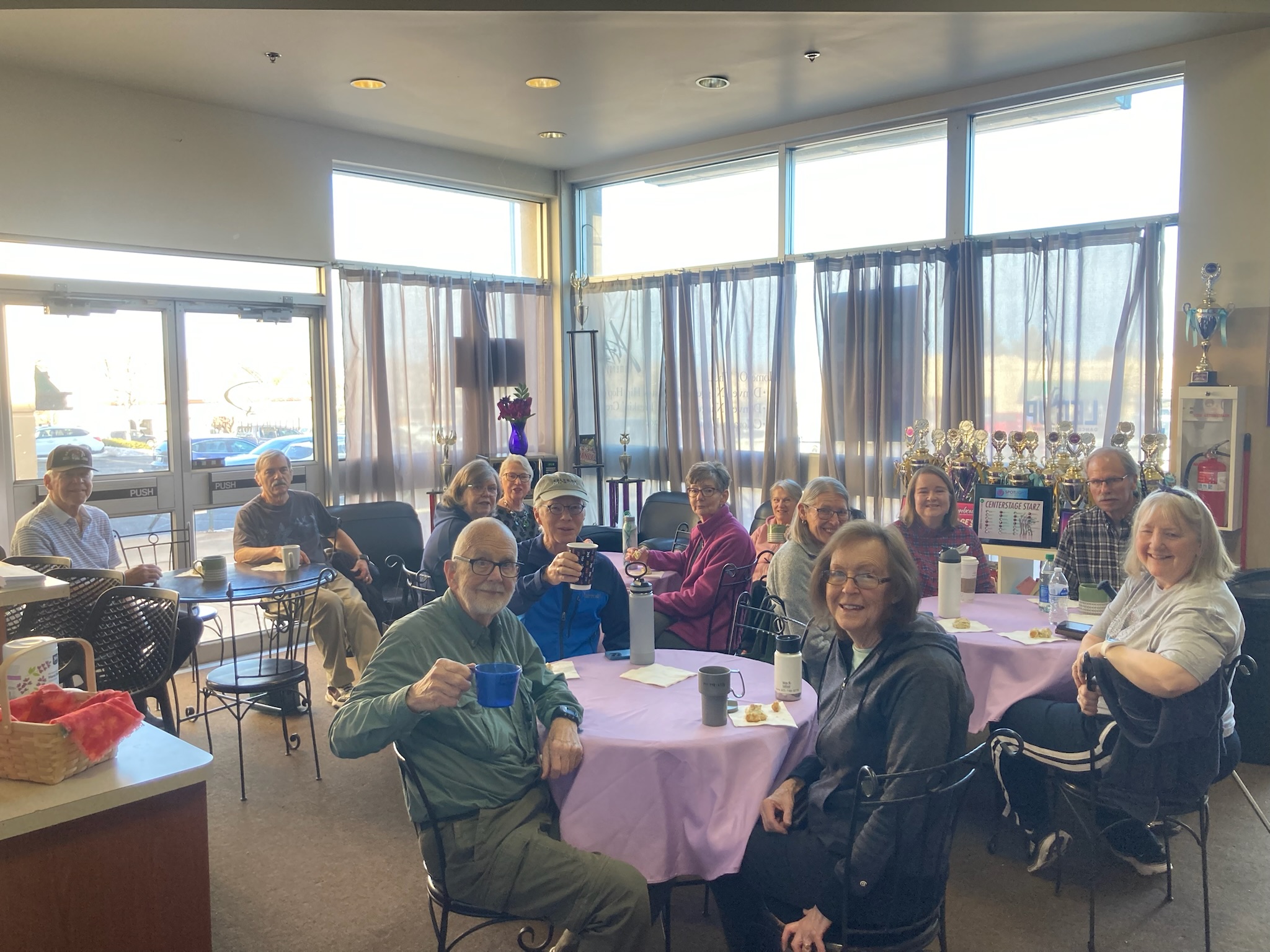Written By: Meredith Roberts Lo, DPT
 With summer vacation beginning, I find this is the time of year I hear most, “I just need a break from therapy” from my patients. Often, at the expense of their progress and their teams’ recommendations. However, something about summer calls to us for change, fun, and adventure. So how do we keep our patients on course during the summer months?
With summer vacation beginning, I find this is the time of year I hear most, “I just need a break from therapy” from my patients. Often, at the expense of their progress and their teams’ recommendations. However, something about summer calls to us for change, fun, and adventure. So how do we keep our patients on course during the summer months?
Over the years I’ve found a few key principles that are important for all of us to stay engaged. They include:
- Challenging ourselves physically and mentally by learning something new
- Connecting with community
- Having fun, being playful, and finding pleasure in what we are doing
These elements can be woven into our time with our patients to help keep them excited about therapy. They can also be taught to our patients and provided in a summer home exercise program to check back in during the fall.
We all enjoy a good challenge and there is nothing better for our physical and mental growth than learning something new. Are there activities in your therapy session that could be changed up? Sometimes it can be as simple as making the exercises a circuit or going outside for therapy. Where can you incorporate some dual-tasking? If your patients are taking a break for the summer, encourage them to join a new community exercise group and try something different. That could be anything from ping pong, pickleball, a new strength and balance class, or an adult learning course in the community. The sky’s the limit and as therapists, we have wonderful creativity. Help the patient problem-solve what would be fun and feasible for them. It could be as simple as a new walking route or finding a new walking buddy. Finding a way to mix up the routine and stay engaged with new learning will be key.
 Adding any opportunity to connect with others in the community is another important factor in staying engaged and fighting loneliness. Community-based activities, like the ones above, are helpful. Sometimes pulling a couple of patients together in the gym to work on an activity can be a simple and meaningful connection. Introducing patients to each other in the lobby to chat before or after therapy is another tool. Intergenerational activities are especially impactful. Depending on your setting, the facility can organize a “bring your child to work social” where seniors and children connect over different activities. If you teach, consider bringing your kids to the senior community exercise class to participate with you and challenge your seniors with laughter and playfulness.
Adding any opportunity to connect with others in the community is another important factor in staying engaged and fighting loneliness. Community-based activities, like the ones above, are helpful. Sometimes pulling a couple of patients together in the gym to work on an activity can be a simple and meaningful connection. Introducing patients to each other in the lobby to chat before or after therapy is another tool. Intergenerational activities are especially impactful. Depending on your setting, the facility can organize a “bring your child to work social” where seniors and children connect over different activities. If you teach, consider bringing your kids to the senior community exercise class to participate with you and challenge your seniors with laughter and playfulness.
We can all utilize a little more fun and playfulness and who better to teach us than kids? I love to get ideas for therapy sessions and group classes from children. What are fun summer games you play that can be modified for therapy? Where can you lighten the mood, joke, and have friendly competition? I challenge you to weave these concepts into your sessions so that you and your patients truly enjoy your summer months.
I hope you will join me for my upcoming Summit Live Webinar, Managing Parkinson’s Disease, on July 12th. During this interactive course, we will examine important barriers to progress and practice strategies you can incorporate into your therapy sessions.
Explore online continuing education courses from Meredith below:
Implementing an Exercise-Based Approach to Treat Progressive Neurological Diagnoses
Changing Your Patients’ Health Behavior Habits
Optimizing Balance and Motor Control in Geriatric and Neurological Patients
Evidence-Based Techniques to Build Your Parkinson’s Disease Toolbox
Managing the Complex Presentations of Parkinson’s Disease
Implementing an Exercise-Based Approach to Treat Progressive Neurological Diagnoses
About Summit Professional Education
Summit equips therapists with better continuing education courses that provide CEUs while impacting patient outcomes. Find high-quality on-demand CE along with the largest offering of live options — including live webinars, live streams, and in-person courses. Want to deep dive on a topic? Summit offers hundreds of 6-hour courses for the most in-depth learning!
